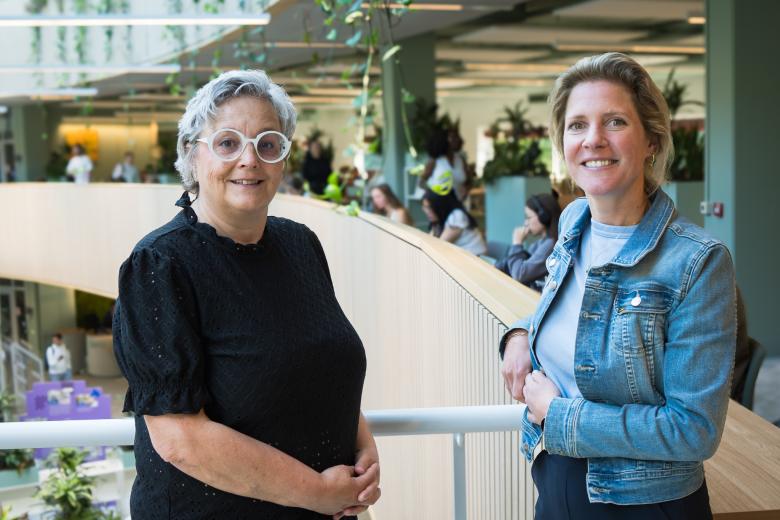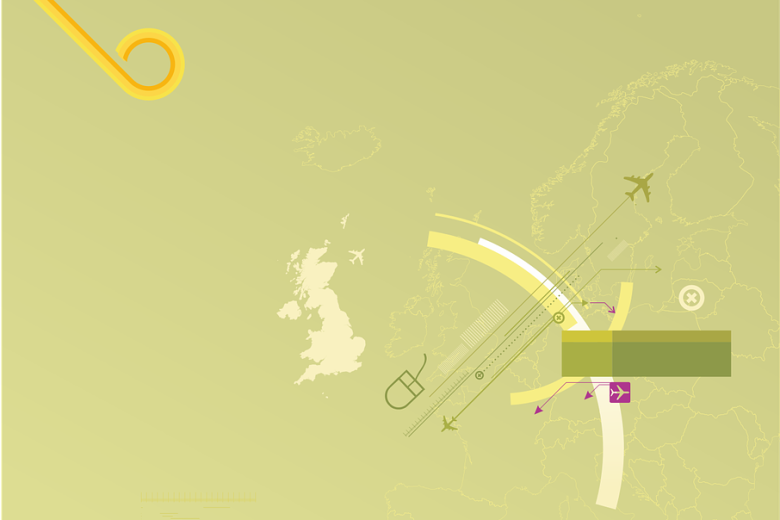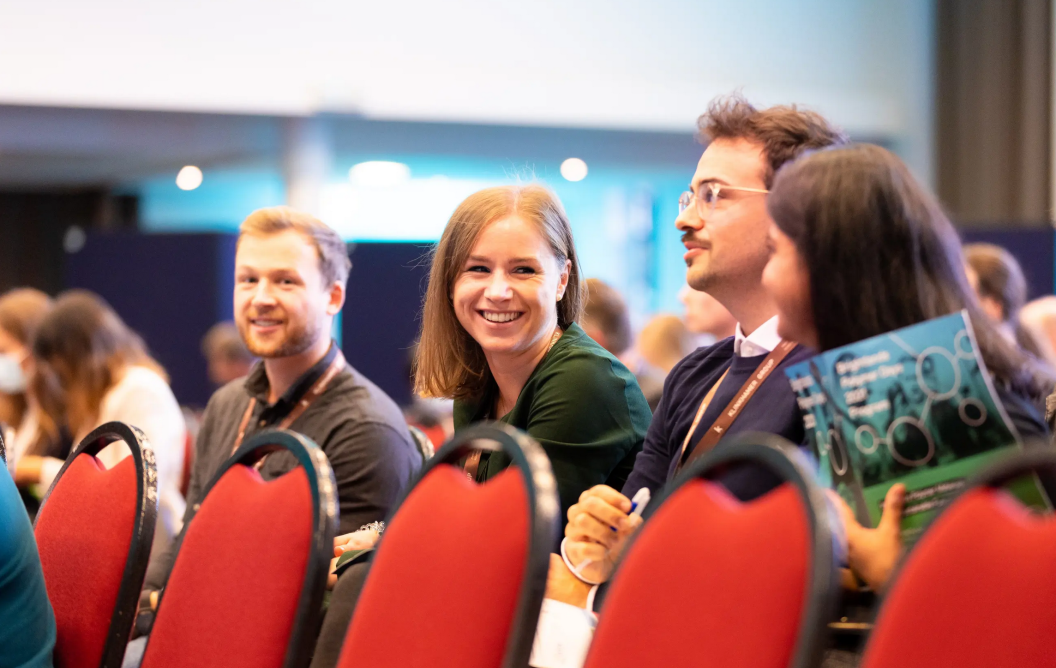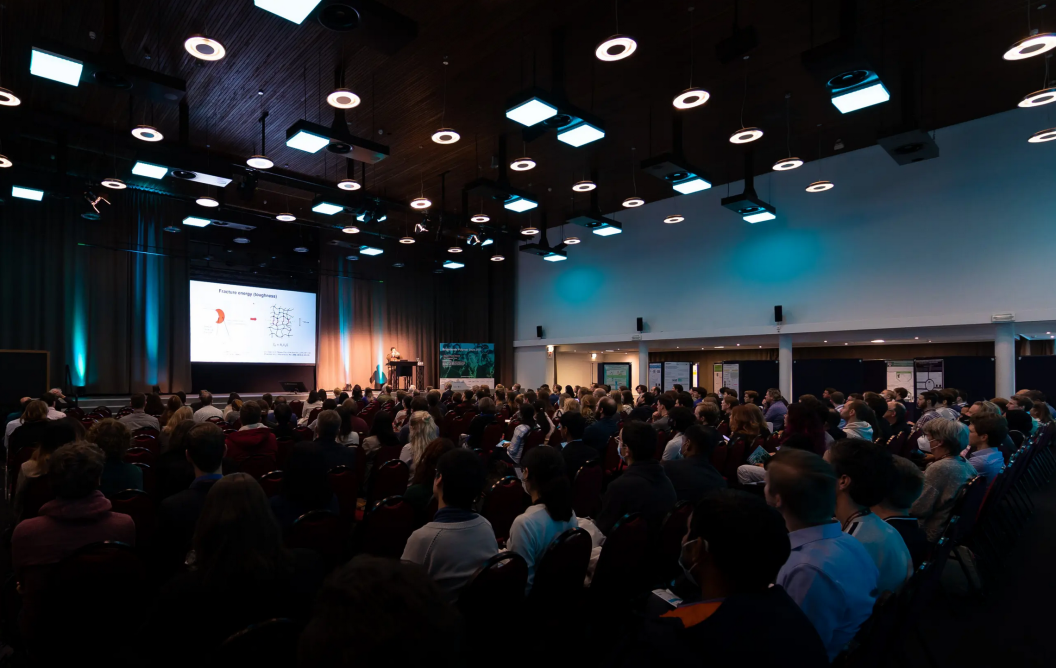Brightlands Polymer Days: where science and industry meet
In late May this year, the Geleen campus will host the 2024 Brightlands Polymer Days, an international conference for scientists, students, business and knowledge workers. The event will feature two full days of presentations from both accomplished speakers and young researchers in the field of molecules and materials. There will also be workshops and plenty of opportunities to network. Representing Maastricht University, Jules Harings will be part of the seven-member organizing committee. He’s already looking forward to it.
Rheinhold Lang, Maria Vicent, Charles Diesendruck, Athina Anastasaki, Ulrich Schubert and Bert Meijer aren’t just any polymer scientists who will be appearing at the second edition of the Brightlands Polymer Days, the successor to the previous Rolduc Polymer Meetings, with dash of Dutch Polymer Days.
“We are satisfied,” Jules Harings admits. “We have chosen four central themes for this conference, and for each theme, we have managed to get a top speaker interested in coming to South Limburg. There will also be leaders from the business community coming to speak. This says something about how important and topical the main issue is: to bond or not to bond?”
Sharing knowledge
Not only do six of the seven plenary keynote speakers have their professorship in common, they each also fulfill leadership roles at research institutes and laboratories that conduct both applied and basic research on polymers and materials. “It’s a joint effort between the business community and students,” says Jules Harings who works for the Faculty of Science & Engineering (FSE) at Maastricht University and the research institute AMIBM at Brightlands Chemelot Campus. “Developing new polymers or improving existing ones for materials offers the most opportunities when science and business work together. We are seeing research institutes sharing knowledge and expertise all over the world, including at Brightlands Chemelot Campus. We’re leading the way here. AMIBM is a great example of explicit cross-border innovations, working with RWTH in Germany.”
Connecting
Connecting academia and industry are the main driver for the major Brightlands Polymer Days conference on May 28 and 29. “Correct,” continues Jules Harings, a graduate of Zuyd Hogeschool and Eindhoven University, and whose own research group focuses on how polymer molecules behave during processing as well as during and after the user phase. “It’s not just about these top speakers; the Polymer Days also explicitly offer a platform for young researchers in training. Professors from Dutch universities nominate candidates who are working on innovative concepts in materials. They will present the findings from their doctoral research at the event. Researchers from foreign universities and scientific and industrial research centers will also be presenting their results, provided they meet our scientific committee’s criteria. Every contribution will be screened.”
Direct contact
This set-up is also designed to promote direct contact between young and experienced scientists and entrepreneurs. “This is definitely going to work in this setting. So much is happening in this field, and this is the place where we hear about the latest developments and insights. We are forced to look beyond the boundaries of our own field. The idea is to learn from each other and perhaps even form partnerships. Of course, it’s also an opportunity for companies looking for talent to fill research or other innovation positions. I personally am very curious about the content of the presentations and definitely expect follow-ups.”
Four themes
To bond or not to bond; this is the working title of the second edition of Brightlands Polymer Days, and is a reference to the connection between molecules, materials and networks, and between academia and industry. Four themes will take center stage. Athina Anastasaki, professor at the University of Zurich and affiliated with the ETH Institute Polymeric Materials, will discuss circularity during her keynote presentation. Affiliated with the University of Jena, among others, Ulrich Schubert will be presenting from the energy point of view. Maria Vicent is head of the Principe Felip Research Center in Valencia and will be discussing developments in health. Finally, Charles Diesendruck of Technion University in Israel will share new insights related to his research. Bert Meijer of the Technical University Eindhoven will present an overarching story focusing on the future of polymers from an academic point of view. A professor at the University of Linz, Rheinhold Lang will give the KNCV (Royal Netherlands Chemical Society) session on sustainable and circular polymeric materials.
Broad approach
Talks are still ongoing with several potential speakers. “We’re taking a broad approach that covers different points of view,” said Jules Harings. “These encompass the properties of biomaterials, recycling and reuse, the role of polymers in batteries, the applications in medicine and tissue, and the future. This is what makes this conference so interesting for a wide, international audience. Registration is progressing well now, and we’re expecting to have around 200 to 300 participants. This is sufficient for a critical mass, but we wouldn’t mind if this number was higher. We have plenty of room here at the campus. We are keeping the ticket prices as low as possible, particularly for students. So much is going on in the field of polymers and materials, and talent is always welcome. I’m already looking forward to the two days.”
Source: Brightlands newsletter
Also read
-
Study Smart gets Dutch Education Premium
Maastricht University's (UM) interfaculty educational innovation project Study Smart is one of the three winners of the Dutch Education Premium 2025. This was announced on Tuesday during the Comenius festival in The Hague.

-
Randwyck Library and the river of knowledge
Monique Notermans and Meike Kerkhofs-Welkenhuizen witnessed the vision behind a modern library come to life.

-
M-EPLI PhD Research Spotlight on Blessing Eze
M-EPLI PhD researcher, Blessing Eze, is examining the role of private documents in regulating global value chains.


